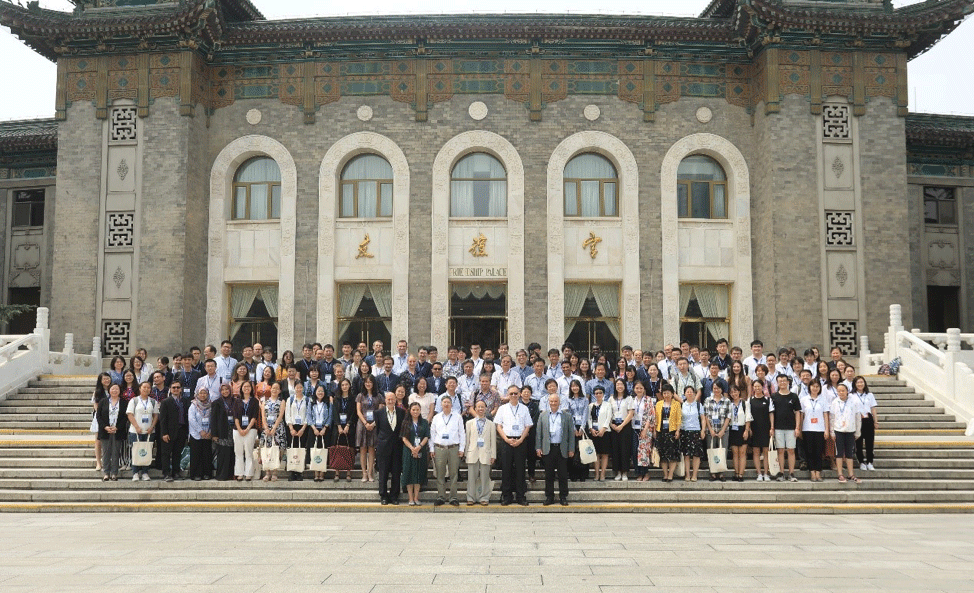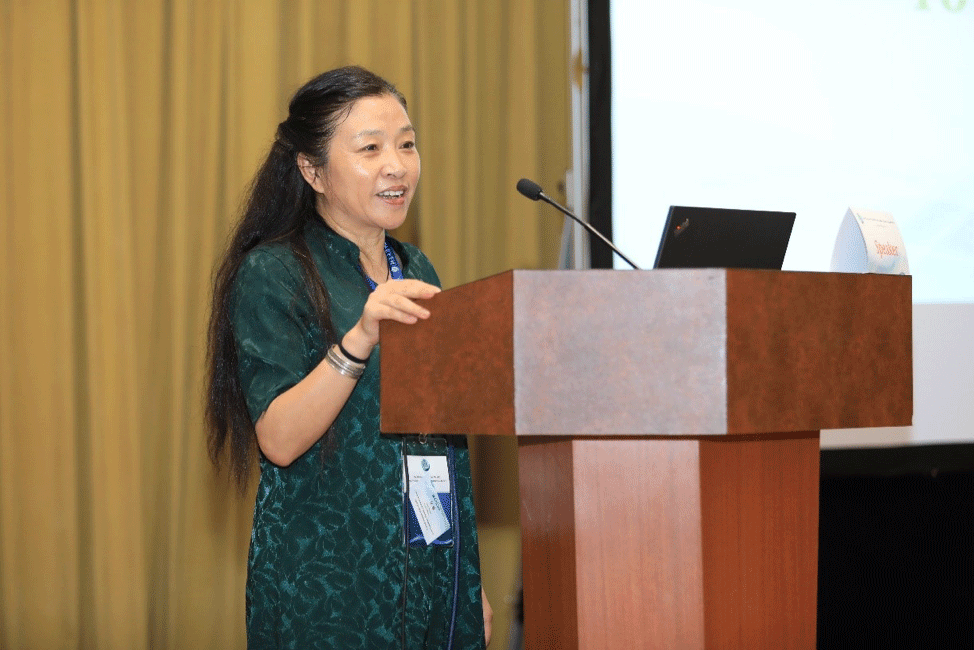Over 200 Delegates Gather in Beijing to Discuss Green Transitions in Asia
The 8th Congress of the East Asian Association of Environmental and Resource Economics (EAAERE) was successfully held in Beijing on August 2-4 2019. The congress is the biggest gathering of researchers working towards green transitions in Asia this year, and attracted more than 200 participants from about 90 academic organizations.
The congress is co-hosted by College of Environmental Sciences and Engineering, Peking University and Chinese Association of Environmental and Resources Economists, with support from three co-organizers, Monsoon Asia Integrated Research for Sustainability-Future Earth at Peking University, School of Environment and Natural Resources-Renmin, University of China, and Chinese Academy of Environmental Planning-Ministry of Environment and Ecology.

The theme of the 8th Congress of the EAAERE was Green Transition Towards a Sustainable Future. It reflects comprehensive elements and perspectives, including climate and global change, environmental health, urban and regional sustainable development, ecosystem and resources management, green growth and transition, valuation, cost-benefit analysis, policy instruments and governance, integrated assessment of energy-environment-economy, and more. Through plenary sessions with three keynotes speeches and 25 parallel sessions, the congress provided a platform for scholars of environmental and resources economics to exchange and stimulate innovative research ideas and opportunities for members to present their research findings.
Lucas Bretschger, Professor of Economics/Resource Economics at ETH Zurich and the University of Zurich, made a keynote speech on climate policy and economic growth. Bretschger presented his models research results to response to a widespread concern that stringent climate policies decrease the growth rate of an economy. Dale Whittington, Professor from University of North Carolina at Chapel Hill (USA) and the Global Research Institute at the University of Manchester (UK), presented his case study focusing on sanitation policy, he stressed the importance of interdisciplinary communication between the proponents and “evidence-based policy.” Jinnan Wang, Academician of Chinese Academy of Engineering and the president of Chinese Academy of Environmental Planning, introduced the China Gross Economic-Ecological Product Accounting (GEEP) towards ecological civilization. The GEEP provides a new economic and eco-environmental accounting approaches and has been applied in practice in China.

Shiqiu Zhang, Professor from Peking University, the President of EAAERE and Chair of the local organization committee, announced the completion of the transition of the EAAERE to Asian Association of Environmental and Resource Economics during the congress. With a broader coverage in terms of geography and more active community, the Association and its congress will keep dedicating to encouraging communication of academic and policy ideas that are of an interdisciplinary nature relating to the economics and management of the environment and nature resources in Asia.
At the closing of the congress, Professor Zhang made a final announcement of the president being elected for EAAERE, now the Asian Association of Environmental and Resource Economics. Jong Ho Hong, Professor of Seoul National University, will be serving as the sixth president of the association during the period of 2019-2021.
DATE
August 6, 2019AUTHOR
Future Earth Staff MemberSHARE WITH YOUR NETWORK
RELATED POSTS
Program Now Available for the Year’s Top Sustainability Science and Innovation Event in Finland
Future Earth Members Join UN Ocean Conference in Barcelona
Apply for the 2024 Pathways Autumn School: Transformative Research for a Just World and a Habitable Planet